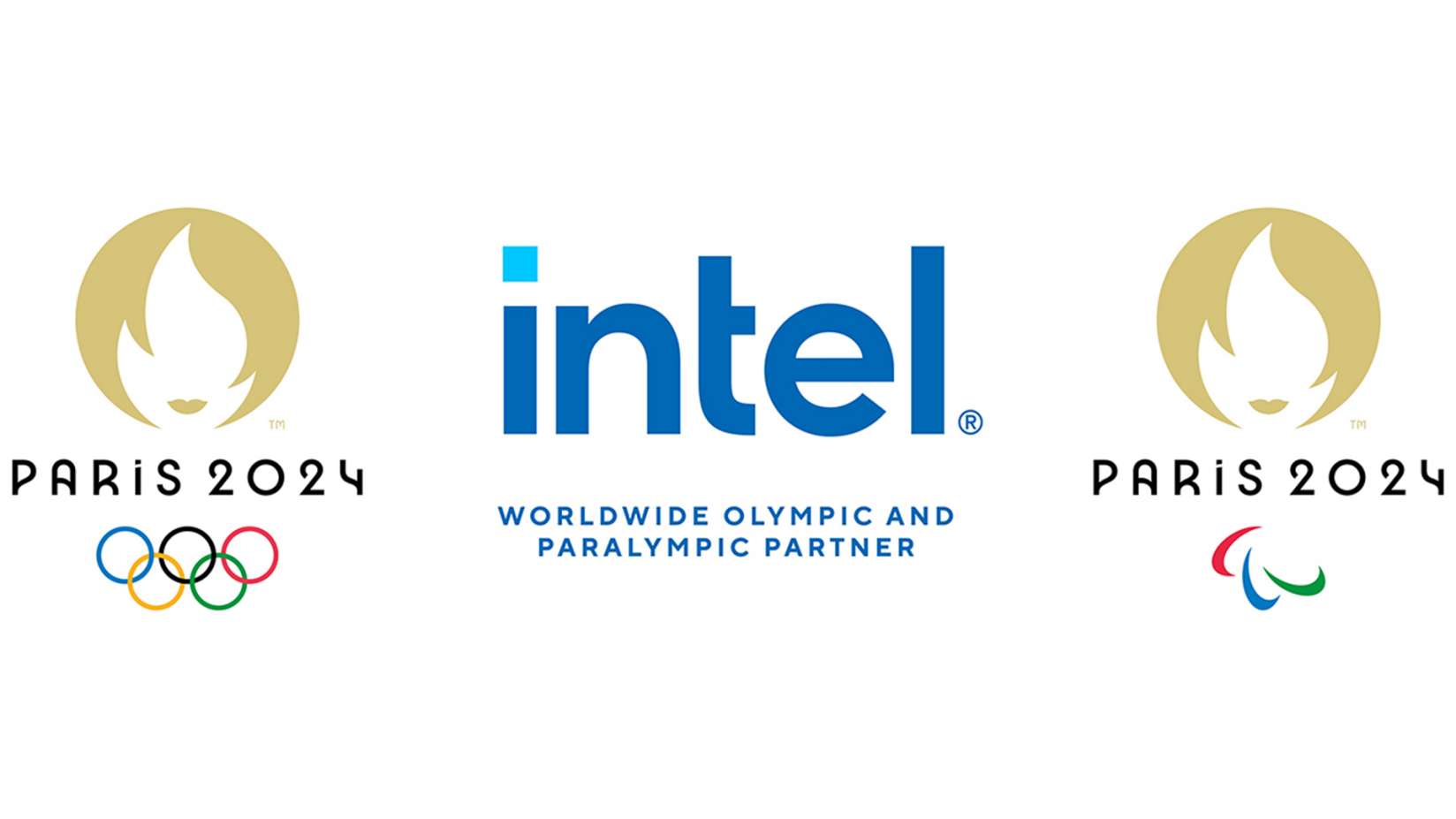Intel has announced its innovative AI plans for the Olympic and Paralympic Games Paris 2024. As the Official Worldwide AI Platform Partner, Intel will use its processors to create immersive experiences for fans, athletes, organisers and viewers. The Olympics will feature an immersive sports experience, the first end-to-end 8K broadcast, and improvements in universal accessibility. Intel’s technology will also provide advancements in accessibility for the visually impaired and offer an innovative 8K OTT Broadcast Workflow Delivery for fans.
- Intel will implement AI technology powered by Intel processors at the Olympic and Paralympic Games Paris 2024, showcasing innovative AI experiences for fans, athletes and viewers worldwide.
- Key AI implementations include immersive sports experiences, 8K broadcasting, and advancements in universal accessibility at selected Olympic and Paralympic facilities.
- Intel’s AI technology will provide on-site immersive experiences, revolutionise 8K broadcasting, and preserve the legacy of the Olympic Games through neural object cloning, enhancing the overall Olympic and Paralympic Games experience.
Intel’s AI Vision for Paris Olympics 2024
Artificial Intelligence (AI) is steadily permeating every sphere of our lives, and now Intel is taking it to the Olympic and Paralympic Games in Paris 2024. As the Official Worldwide AI Platform Partner, Intel aims to integrate AI technology powered by their processors on this grand stage. It’s all about enhancing interactions and experiences for all stakeholders involved – fans, athletes, organisers and viewers alike.
A New Era of Immersive Sports Experiences
The key highlight of the AI implementations planned by Intel includes an immersive sports experience that will allow fans to experience the innovative technology used to measure athletic potential. It’s an exciting prospect, offering a closer look into the world of high-performance sports. Additionally, Paris 2024 will be the first Olympics to showcase an end-to-end 8K broadcasting experience, a feat powered by Intel’s AI capabilities utilising Intel Xeon processors. This offers a glimpse into the future of low-latency 8K resolution transmission over the internet. An 8K over-the-top (OTT) signal will be delivered to the latest Intel-based PCs and laptops connected to 8K TV to selected locations worldwide in just seconds.
AI-Powered Accessibility
Intel is also making strides in universal accessibility at selected Olympic and Paralympic facilities. Leveraging AI built on Intel Xeon, they’re creating 3D models of both the Team USA High Performance Centre in Paris and the International Paralympic Committee headquarters in Bonn, Germany, allowing indoor and voice navigation via a smartphone application.
Preserving the Legacy of the Olympic Games
In an effort to continue the legacy of the Olympic Games, Intel’s Emergent AI Lab is testing neural object cloning to transform video of Olympic collections into 3D digital artefacts. This will enable the Olympic Museum to bring some of its collections into interactive digital environments for viewers around the world.
Intel’s Olympic and Paralympic Heritage
Intel’s association with the Olympic and Paralympic Games goes back to the Olympic Winter Games PyeongChang 2018, where Intel introduced various technological enhancements. Their contributions continued at Tokyo 2020 and Beijing 2022, where Intel introduced 3D athlete tracking, VR training and enabled the first live broadcast over 5G.
Sarah Vickers, leader of Intel’s Olympic and Paralympic Games Office, encapsulated the company’s vision in a quote:
“This summer, Intel will accelerate its mission of bringing AI Everywhere using Intel solutions at Paris 2024, showcasing the powerful potential of technology and AI to create immersive and interactive experiences at the Olympic and Paralympic Games Paris 2024 for millions around the world.”
Final Thoughts
Intel’s AI-driven vision for the Olympic and Paralympic Games Paris 2024 showcases how technology is reshaping how we experience sports. From creating immersive experiences for fans to aiding accessibility and preserving the Olympic legacy, Intel’s AI initiatives are set to leave an indelible mark on the world’s biggest sporting event. As we move closer to the event, it will be interesting, and hopefully very exciting, to watch how these plans unfold and how they enhance the overall Olympic experience. Good luck to all the athletes competing in the Olympic and Paralympic Games Paris 2024.
FAQ
Q: What are some key AI implementations that Intel plans to introduce at the Olympic and Paralympic Games Paris 2024?
A: Intel will implement AI technology powered by Intel processors to provide an immersive sports experience for fans, showcase an end-to-end 8K broadcasting experience, and advance universal accessibility at selected Olympic and Paralympic facilities.
Q: How will Intel use AI to benefit athletes, coaches, and spectators at the Olympic and Paralympic Games Paris 2024?
A: Intel will create an interactive, AI-powered fan activation where spectators can experience becoming an Olympic athlete, leveraging technology powered by Intel processors and software solutions.
Q: Will the Olympic and Paralympic Games Paris 2024 feature an 8K broadcasting experience?
A: Yes, Paris 2024 will be the first Olympics to showcase an end-to-end 8K broadcasting experience using Intel Xeon processors, enabling a high-resolution broadcasting experience for viewers worldwide.
Q: How will Intel’s AI technology enhance accessibility for the visually impaired during the Olympic and Paralympic Games Paris 2024?
A: Intel’s AI built on Intel Xeon processors will provide 3D models of selected facilities for indoor and voice navigation via a smartphone application, improving accessibility for the visually impaired.
Q: What advancements in broadcasting technology can viewers expect at the Olympic and Paralympic Games Paris 2024?
A: Viewers can anticipate a revolutionary 8K OTT broadcast workflow powered by Intel Xeon processors, offering tailored viewing experiences with high broadcast-grade quality and low-latency transmission.
Q: How will Intel continue the legacy of the Olympic Games through AI technology?
A: Intel’s neural object cloning solution will transform video of Olympic collections into 3D digital artifacts, enabling viewers to explore pieces of Olympic history in interactive digital environments.
